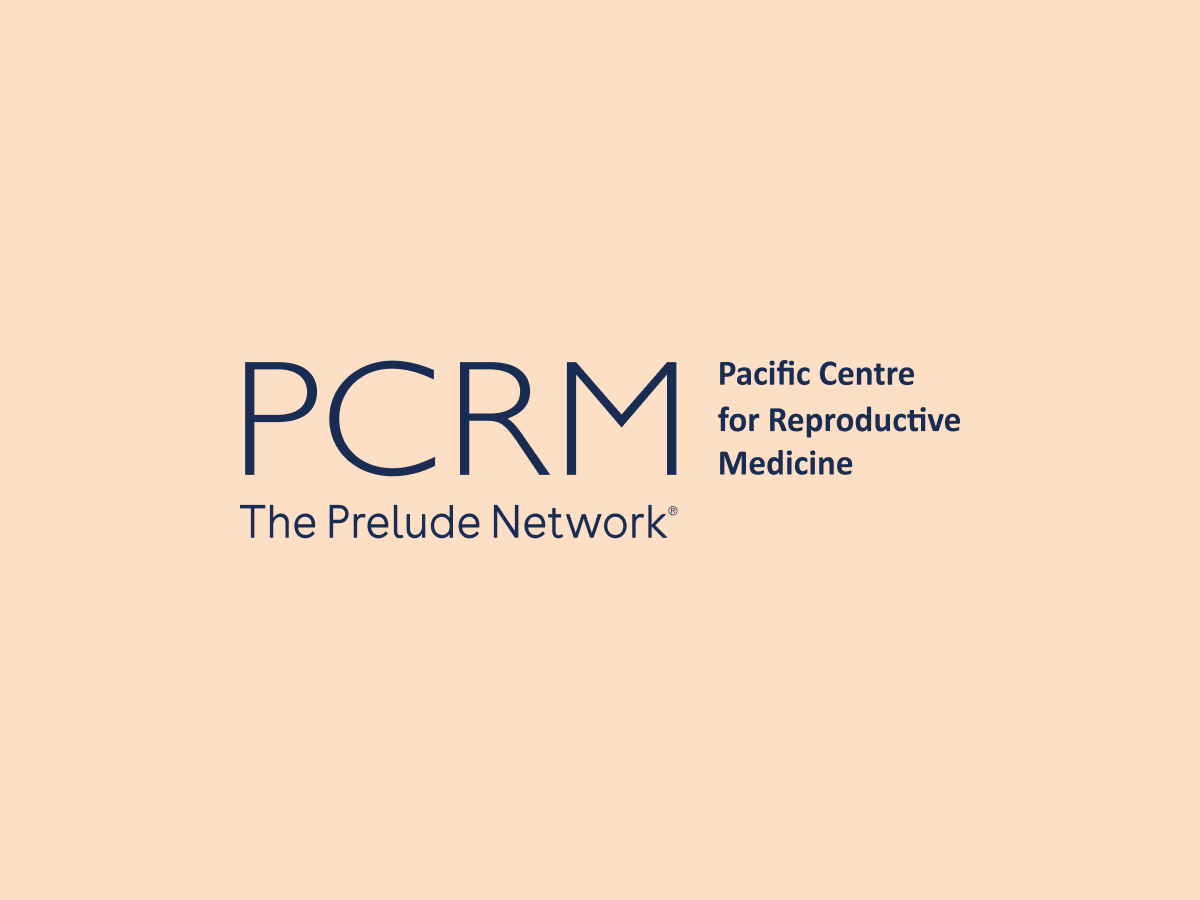Recurrent Miscarriage
Recurrent pregnancy loss (RPL), otherwise called recurrent miscarriage, has traditionally referred to the spontaneous abortion of 3 or more consecutive pregnancies. Classically, molar, ectopic and biochemical pregnancies have been excluded. Emerging opinions from the American Society of Reproductive Medicine (ASRM) and the European Society of Human Reproduction and Embryology (ESHRE) support investigating patients with two miscarriages including biochemical pregnancies. Investigation after two miscarriages is particularly relevant when there is a history of a fetal heart rate prior to miscarriage, maternal age over 35 years, infertility or a normal embryonic karyotype.
The most common cause of miscarriage is embryo aneuploidy. The rate of aneuploidy increases with maternal age. At age 28 it is approximately 20%, increasing to 25% at 35 years old, 60% at 40 years old and 90% at age 45.
A substantial percentage of patients with recurrent miscarriage will remain unexplained. Anatomical causes of RPL include uterine septum, fibroids, polyps, adhesions or other uterine anomalies. Endocrine causes include thyroid disease, diabetes, hyperprolactinemia and luteal phase defect. Autoimmune and infectious causes of RPL are an active area of research. Antiphospholipid antibody syndrome (APAS) requires the presence of at least one clinical and one laboratory criteria. Clinical criteria include: 3 early miscarriages, 1 miscarriage after 10 weeks, preterm birth due to placental disease or vascular thrombosis. Antiphospholipid antibodies should be tested when remote from pregnancy and must be persistently positive, 12 weeks apart. Genetic causes of RPL include parental karyotype abnormalities such as balanced translocations, Robertsonian translocations and inversions. Lifestyle and environmental factors can also play a role.
The workup for RPL should be individualized for each patient by her physician.
RPL testing may include:
- Hormonal tests: Diabetes screening, Prolactin, Thyroid stimulating hormone (TSH) and Thyroid Antibodies
- Antiphospholipid antibodies: Anti-Beta-2 Glycoprotein 1, Anticardiolipin Antibody and Lupus Anticoagulant
- Uterine Cavity Testing (e.g. HSG, Hysteroscopy or SHG) with Endometrial biopsy
- Parental Karyotyping
- Inherited Thrombophilia Screening: (Not routinely recommended for RPL patients without a personal or family history of thrombosis). Factor V Leiden, Prothrombin Gene Mutation, Antithrombin III, Protein C & S Activity.
Related Posts
Categories
About the PCRM Blog
Welcome to the Pacific Fertility Centre for Reproductive Medicine Blog! Nationally and internationally recognized for providing exceptional reproductive care, our team believes in empowering people with the knowledge they need to navigate their unique fertility journeys.
From information on the latest fertility treatments to valuable insights on egg donation, surrogacy, and everything in between, the Pacific Centre for Reproductive Medicine Blog is your ultimate resource for all things reproductive care and support. Read on to learn more, and contact us today if you have any questions or want to schedule a new patient appointment.

